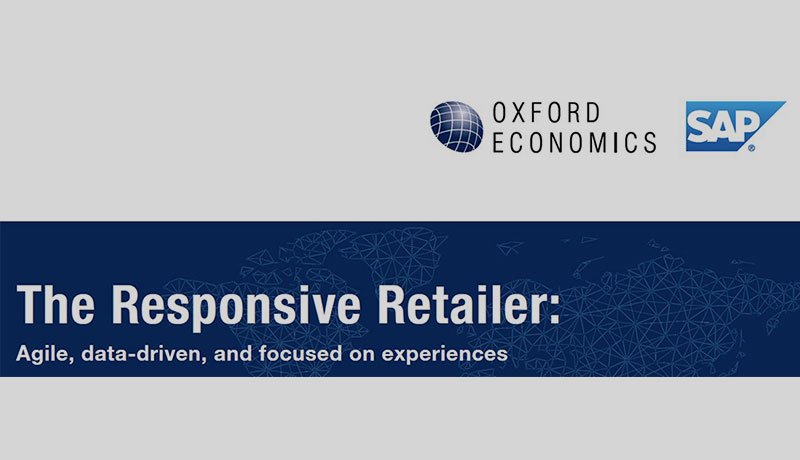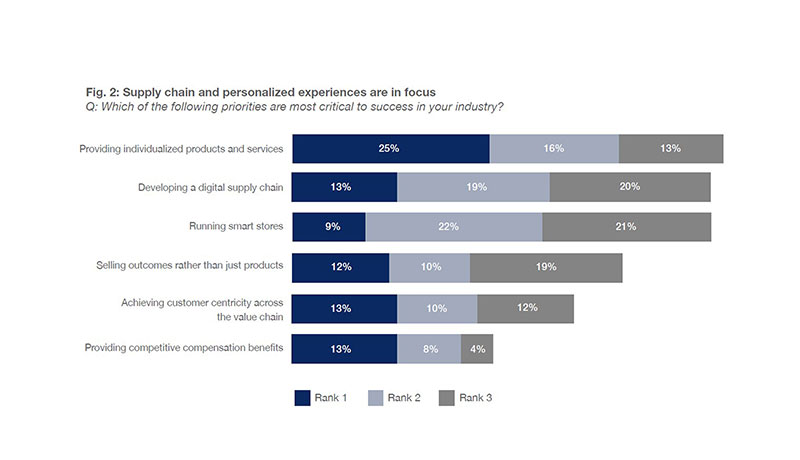23 December 2024, Mon |
12:57 PM

SAP has announced retail-specific findings from a research study conducted in partnership with Oxford Economics, revealing how business leaders use digital innovation to be data-driven and focused on experiences.
SAP and Oxford Economics surveyed 3,000 executives from 10 industries, including 300 from the retail sector. Business leaders were asked to evaluate their value chain, including operations and business ecosystems, and how they manage this broad web of relationships as a unified entity. The results, summarized in The Responsive Retailer, illustrate the importance of data sharing and using a holistic systems thinking approach. Key findings include:

“Our findings suggest that there is a connection between systems thinking and business outcomes,” said Edward Cone, editorial director at Oxford Economics. “Companies that have managed to break down old barriers between functional units, collaborate closely with external partners and create cultures that attract top talent tend to outperform their industry peers. Using digital, data-driven technologies to respond dynamically to customer demands is key to the success for retailers globally.”